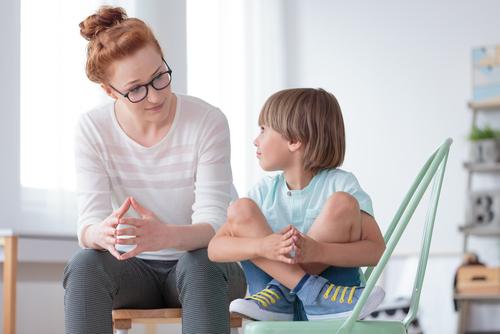Children are an absolute gift! As parents, we want the best for our children in all aspects of their lives. After all, their happiness means the world. However, this is the time of year when parents begin to hear more and more about the things their children want as the holiday lists roll in. It seems like they’re adding something new every day, or changing their minds at the last minute, which is no surprise in this overstimulated world.
For parents, it’s important to manage expectations, especially during this time of year. Luckily, there are strategic ways to manage your children’s holiday gift expectations, and it doesn’t have to end in disappointment.
Explain How to Prioritize and Deal With Disappointment
This is where you have the opportunity to address your children’s “gimme“ mentality. When kids make their long list of gifts, they certainly aren’t considering whether or not you can afford everything they want. Of course, children don’t really even understand the value of money, so that’s a lost point.
A better approach is to teach them about prioritizing their list. It’s a great lesson to learn early on that we can’t always have everything we want in life. Work with them to identify the one or two items that mean the most to them on the list (and fit within your gift budget).
Sit down with them to discuss every item on the list, and find out their motivation for selecting the items they did. Also, let them know why you can’t get the rest of the items on the list. This will teach them not to feel sad or disappointed whenever you say no, because they'll know there’s a logical reason behind your decision and that you’re not just trying to deprive them.
This strategy can help develop critical thinking habits in your children that will be beneficial to them for the rest of their lives.



